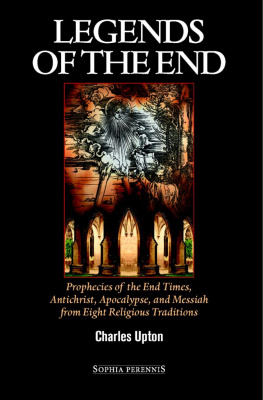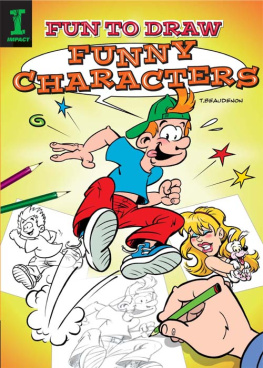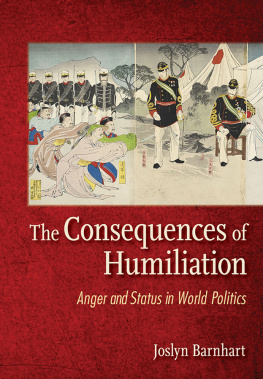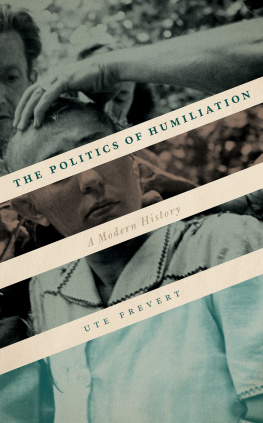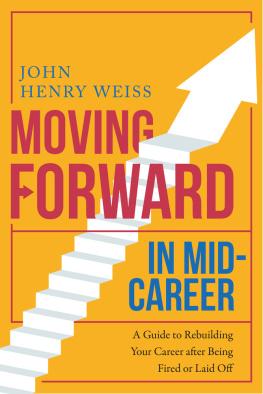
The Tao of Humiliation
Also by Lee Upton
FICTION

 The Guide to the Flying Island
The Guide to the Flying Island
POETRY

 The Invention of Kindness
The Invention of Kindness

 No Mercy
No Mercy

 Approximate Darling
Approximate Darling

 Civilian Histories
Civilian Histories

 Undid in the Land of Undone
Undid in the Land of Undone
ESSAYS

 Swallowing the Sea: On Writing & Ambition, Boredom, Purity & Secrecy
Swallowing the Sea: On Writing & Ambition, Boredom, Purity & Secrecy
CRITICAL PROSE

 Jean Garrigue: A Poetics of Plenitude
Jean Garrigue: A Poetics of Plenitude

 Obsession and Release: Rereading the Poetry of Louise Bogan
Obsession and Release: Rereading the Poetry of Louise Bogan

 The Muse of Abandonment: Origin, Identity, Mastery in Five American Poets
The Muse of Abandonment: Origin, Identity, Mastery in Five American Poets

 Defensive Measures: The Poetry of Niedecker, Bishop, Glck, and Carson
Defensive Measures: The Poetry of Niedecker, Bishop, Glck, and Carson

Copyright 2014 by Lee Upton
All rights reserved
Manufactured in the United States of America
First Edition
14 15 16 17 7 6 5 4 3 2 1
For information about permission to reuse any material from this book please contact The Permissions Company at .
Publications by BOA Editions, Ltd.a not-for-profit corporation under section 501 (c) (3) of the United States Internal Revenue Codeare made possible with funds from a variety of sources, including public funds from the New York State Council on the Arts, a state agency; the Literature Program of the National Endowment for the Arts; the County of Monroe, NY; the Lannan Foundation for support of the Lannan Translations Selection Series; the Mary S. Mulligan Charitable Trust; the Rochester Area Community Foundation; the Arts & Cultural Council for Greater Rochester; the Steeple-Jack Fund; the Ames-Amzalak Memorial Trust in memory of Henry Ames, Semon Amzalak and Dan Amzalak; and contributions from many individuals nationwide. See Colophon on for special individual acknowledgments.

Cover Design: Sandy Knight
Interior Design and Composition: Richard Foerster
Manufacturing: McNaughton & Gunn
BOA Logo: Mirko
Library of Congress Cataloging-in-Publication Data
Upton, Lee, 1953
[Short stories. Selections]
The Tao of humiliation : short stories / by Lee Upton. First Edition.
pages cm
1. Short stories, American. I. Title.
ISBN 978-1-938160-33-2
PS3571.P46A6 2014
813'.54dc23
2013044056
BOA Editions, Ltd.
250 North Goodman Street, Suite 306
Rochester, NY 14607
www.boaeditions.org
A. Poulin, Jr., Founder (19381996)
Contents

for Alice Faye Upton
Only three women are visible in that famous Cornell Capa photograph of writers crammed in George Plimptons living room. Two of those women perch in the foreground, where they always make me think of sparrows waiting their turn while the blue jays flutter around the seed ball. Otherwise, the place is stuffed with men in suits, clutching their drinks like tabernacle candles in a funeral procession for the next literary reputation.
Its pretty wonderful that Truman Capote sits forward on the couch like a charming fat child. And doubly wonderful that the subject of my biography, Malcolm Alfred Kulkins, hovers in profile under a black-framed print on the wall. Was he taking his own measure, or deciding he was above taking his own measure in that room?
Triply wonderful: the tilt to Kulkinss posture as if hes ready to topple backward. Which would land him on Truman Capote. Not that I want any more damage to have been done to Truman Capote. Its the prospect of comical mayhem that I likeand the sense that at that exact moment Kulkins was a happy man and an eminence to be feared even among the raging egoists around him.
If you had known Kulkins when that photograph was taken, never would you guess that decades later his obituary in the New York Times would be so perfunctory. Never would you guess that his final years would be rendered less as a mystifying withdrawal than as a capitulation to the limits of his talent. Youd never guess that someone so brilliant and bold could be condescended to like that, and so briefly too.
Fast forward from that 1963 party in Plimptons living room to Kulkins in 1976. From autumn through much of the following summer he carried on, in succession, affairs with three obscure writers. By early August of 1977 a crisis occurred. Pages in his personal journal look bitten into, or scratched by a nail. In the final weeks of the summer of 1977: silence. Not only no more journal entries, no more of his comical-steely letters to editors. No more reviews or occasional essays. Apparently his nearly completed novel was destroyed. Seventeen more years elapsed before his death.
During those seventeen years nothing was heard from Malcolm Alfred Kulkins again. Nothing nothing nothing nothing.
From the start, I knew I couldnt make enough headway in my research without answering the question: why did Kulkins, who was practically born writing, give up his art during the last years of his life? (At the age of ten, Kulkins wrote of his own mother: She is a tiny little prig, with the temperament of a lobster. Later, in his journals, he called the urge to write scalp ache.) There were questions about his effect on women too. Predictably, his romantic relationships followed the route of mania, like those of nearly anyone searching for some ideal. As for protgsnone. He didnt like followers, telling acquaintances that flattery suffocated him, a statement that, at least from some, guaranteed fawning.
Next page


